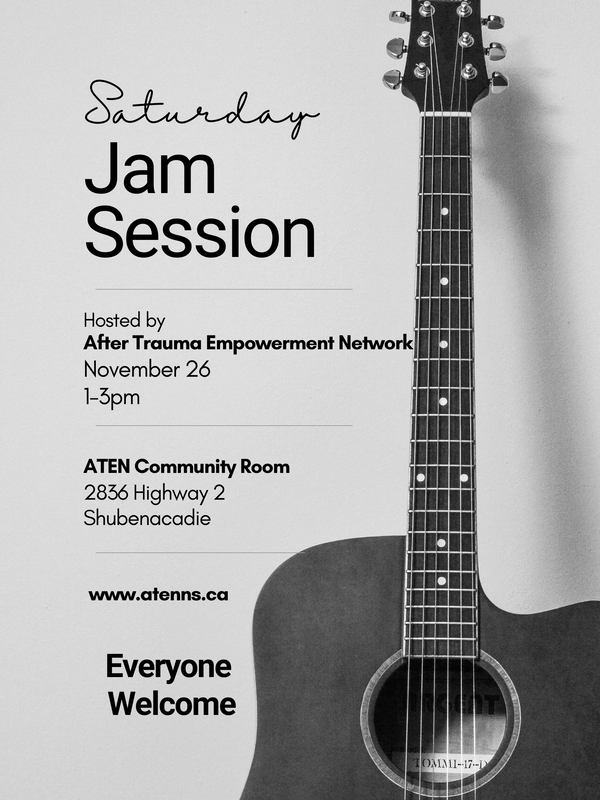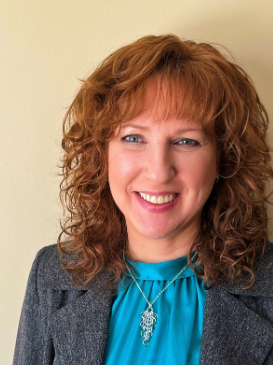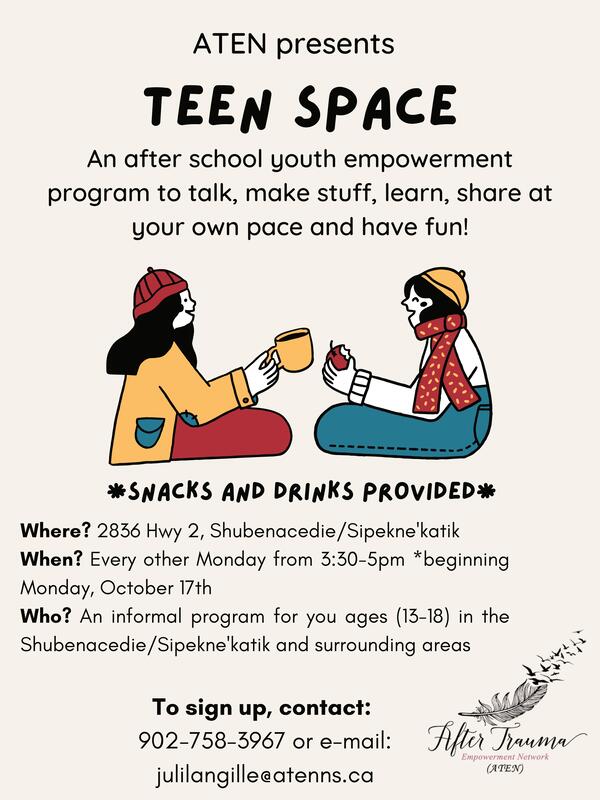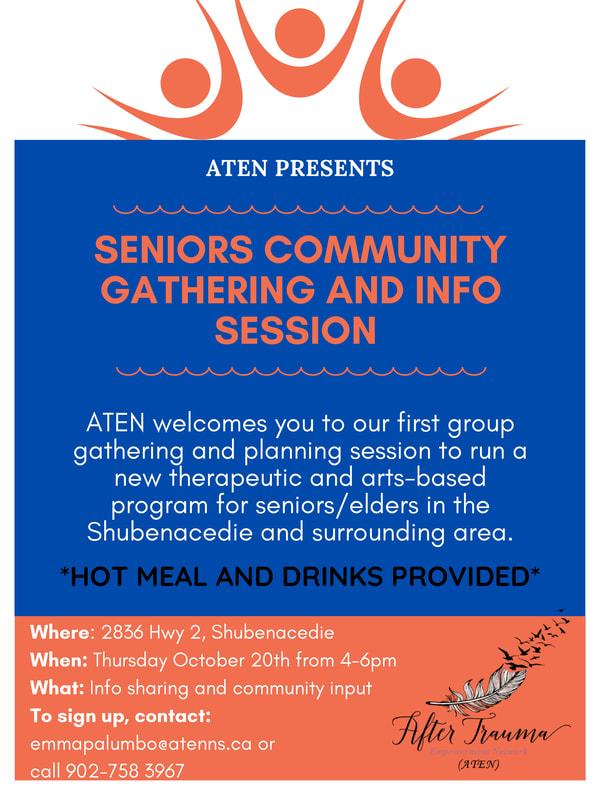|
10/20/2022 0 Comments Peer Support Services Now AvailableWhat is Peer Support? “Peer support is a system of giving and receiving help founded on key principles of respect, shared responsibility, and mutual agreement of what is helpful. Peer support is not based on psychiatric models and diagnostic criteria. It is about understanding another’s situation empathically through the shared experience of emotional and psychological pain.” (Mead, Hilton, & Curtis, 2001, p. 135). Peer support does not replace therapy. Peer support workers cannot diagnose, treat, or make recommendations or suggestions pertaining to an illness, disease, medication, or treatment. This is solely the responsibility of your doctor, physician, therapist, specialist, etc. Peer support can happen in both group and one-to-one relationships. In either scenario, the Peer Supporter provides emotional and social support to others who share a common experience. This common experience might be relative to their own health or that of a loved one. This support is grounded in hope, empowerment, and recovery. It is valued for its authenticity because the Peer Supporter has also lived through a similar experience and has found their way to a path of recovery. The empathy, understanding, and acquired skill of the peer supporter, coupled with their willingness to be open about their own experience, demonstrates their belief that a path for improving one’s life can be created. The philosophy of peer support is that each individual has within themselves the knowledge of what is best for them and a strong desire to find a path towards improved health. The Peer Supporter supports that person as they search for that inner knowledge and re-ignites that hopeful desire. Peer support is based on relationships in which each person is considered equal within the relationship and self-determination is highly respected. Peer support is focused on health and recovery rather than on illness and disability. This is also true for family peer support. Each person can benefit from peer support as they discern the right path for themselves in relation to their loved one. For them, the path of recovery might include a greater level of acceptance, as well as confidence and trust in their loved one’s abilities to move forward. In all types of peer support relationships, empathetic understanding and experiential learning are shared in a non-judgmental and supportive manner. The peer support worker and the peer co-create the relationship, and both participate in boundary creation. Peer support workers walk alongside our peers, they don't lead. We're giving and receiving at the same time. We're supporting someone and we're learning and growing at the same time. Peer support views "recovery" as a transformative, self-directed exploration. It’s the equivalent of a mysterious healing process where someone grows new strengths and abilities through their struggle and subsequent healing process. Recovery is an opportunity for discovery – to see what may not have been visible before. Recovery includes the discovery, resurfacing, and development of hope, self-determination, resilience, purpose, presence, and belonging, even in the midst of struggle. It’s the revelation of a new sense of being in the world. Peer support takes a strength-based approach to service delivery, so rather than reacting or responding to the effects of the struggle, we approach services as the opportunity to create a new paradigm that’s built on hope, connection, joy, and thriving. We acknowledge that everyone’s path is going to be different. There is no one “right” approach to recovery. Everyone’s path will be individual, and it needs to be self-directed. The foundation of peer support rests on the belief that recovery is possible for all. Peer support is courageous hope in action. Meet Juli Langille - Peer SupporterJuli is now booking appointments for individual peer support.
To schedule an appointment please call 902-758-3967 or email [email protected] |
AuthorAfter Trauma Empowerment Network (ATEN) Archives
July 2024
Categories |




 RSS Feed
RSS Feed